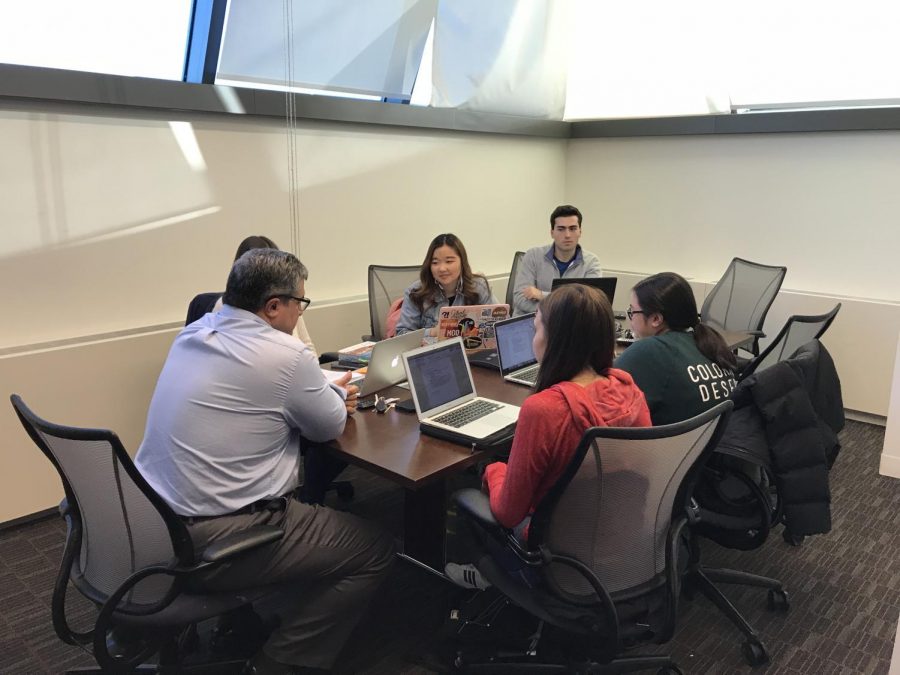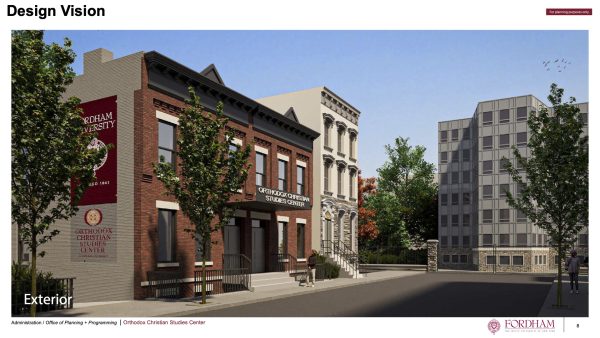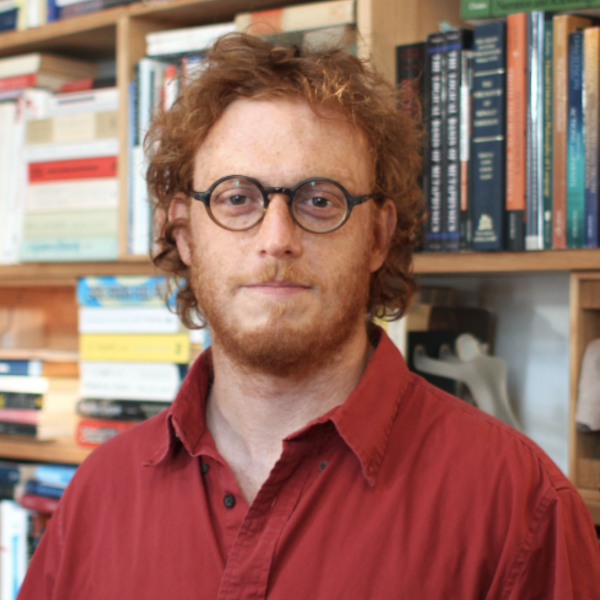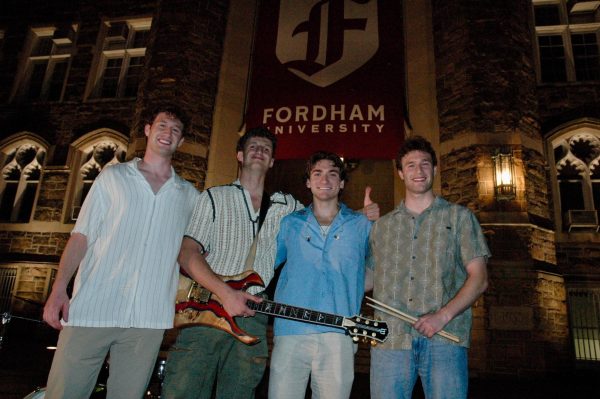University Seeks to Add Tenured Professors
By Helen Stevenson
The university is looking to increase the number of tenured professors following a decrease in tenured faculty last year, according to Robert Howe, assistant vice president for Communications and special adviser to the president. While the national average for tenure positions at universities is less than 20 percent according to the American Association of University Professors, tenured professors account for approximately 35.48 percent of the 1,587 full-time and part-time instructional staff at Fordham.
The university has seen a slight decrease in the number of tenured faculty this past year, with approximately a 3.43 percent decrease from 583 professors in 2016 to 563 professors in 2017.
According to a recent report by the American Association of University Professors, non-tenure track positions accounted for 73 percent of instructional positions at universities across the country.
Some consider tenured positions vital for free speech in academia. While tenured professors have job security, contracted professors might hesitate to contradict university views due to the fear of jeopardizing their position at the end of their contract.
According to university guidelines, statutes regulating tenure and tenure-track decisions are based on qualifications of the faculty member, including educational background, performance as a teacher, research and contribution to the university, and the needs of the university in regards to curricular and research activity.
According to John Carey, Ph.D., tenured professor and director of Communications and Media Management, getting tenure at the university varies somewhat across schools. However, generally, a person is hired as a tenure-track professor and teaches for five or six years before obtaining tenure.
“The area’s tenured professors vote to recommend (or not recommend) the person for tenure based on the quality and quantity of the person’s research and publications, teaching evaluations by students and service to the university,” he said. “Their recommendation goes to the dean who must approve it, and then it goes to the provost for final approval.”
According to Howe, the drop from 2016 to 2017 is the result of a generous three-year phased retirement package that the university began offering in the fall of 2017. Twenty-four faculty member accepted the offer, according to Howe.
“These faculty members are still employed by the university through spring 2020, however, so we won’t be able to fill the positions until fall 2020,” he said. “They are no longer included in this count of tenured/tenure-track faculty, however, hence the drop.”
Howe said the university is making a concerted effort to increase the number of tenured/tenure-track faculty, having authorized at least 31 searches this year.
“Next year, when many of these faculty complete the phased retirement period, we will hire even more tenured/tenure-track faculty,” he said.
Additionally, Howe said the AAUP report omits tenured/tenure-track faculty who happen to be on unpaid leaves in the fall. By omitting these teachers, the numbers the university reports fluctuate more from year to year, and they are typically 3-10 below the actual number of tenure/tenure-track faculty members.
Celia Fisher, Ph.D., tenured professor and director of the Center for Ethics Education, said tenure continues to be important for faculty who teach at universities that limit free speech based on the university’s political, religious or other biases. However, she said tenure does not affect free speech on Fordham is campus.
“I have been tenured for a long time, but my experience at Fordham pre-tenure and after tenure is that our university has always been supportive of free speech,” she said. “One can just look at the multiple events that are held across campus yearly reflecting diverse political and religious perspectives.”
Carey agreed that his experience with tenure was no different than it was without.
“I feel I have complete freedom of speech, but I also felt I had complete freedom of speech before I received tenure,” he said. “I’m sure you will find others who will disagree with me, but that is what freedom of speech is all about.”
Carey said the issue is not mainly about freedom of speech, but rather financial compensation.
“It is cheaper to have a contract teacher teach a course versus a tenured or tenure-track teacher,” he said. “So, the trend for many years at American universities has been to have more contract teachers and fewer tenured or tenure-track teachers.”
Although the drop off is a nationwide phenomenon, Howe said the university continues to value its tenured/tenure-track professors and are seeking to expand that number.
“The university considers the faculty to be at the heart of the Fordham community,” he said. “We are seeking to increase the number of tenured/tenure-track faculty—an expression of their centrality to the University’s mission.”
















































































































































































































Louisa Visconti, PhD • Nov 8, 2018 at 10:49 am
The reverse should be happening: all tenure-track positions should be eliminated.
Tenure has created significant inequalities in academia — and a lot of inefficiency, too. Tenure status doesn’t really protect freedom of speech; any faculty member can be sanctioned for saying the “wrong” thing in today’s contentious political environment. But tenure status does protect faculty from poor student evaluations, weak or non-existent research/publication histories, burdensome community service duties, and more. They have greater bargaining power not extended to adjuncts, part- or full-time lecturers, etc., known as contingent faculty.
As a result, the majority of faculty (i.e. – contingent) are disempowered and exploited. Compensation and quality of life for faculty have deteriorated over the past three decades — as contingent faculty increased in classrooms — with numerous reports showing that more and more are forced to live on public support given meager earnings. Work conditions for contingent faculty are generally awful: they work across several colleges, get no advance notice of classes added or dropped to their schedules, and have little authority about course content, making it difficult for them to succeed in class (despite this, some studies show that contingent faculty outperform tenured faculty on student evaluations and in getting students to pass courses).
Not only do tenured faculty not push back against these injustices, they look down on contingent faculty. As long as they can preserve their piece of the pie, they trudge along. With a tenure system, faculty will remain divided and conquered everywhere in the country. The solution is to eliminate tenure and put everyone on the same level playing field with renewable contracts — 1, 3, 5, 7 or even 10 years, depending on performance and collectively negotiated rights and responsibilities… because if Fordham University truly values its faculty, it should offer all — not just 35.48% — of them equal protections and compensation.
Louisa Visconti, Ph.D.
FC Class of 1984